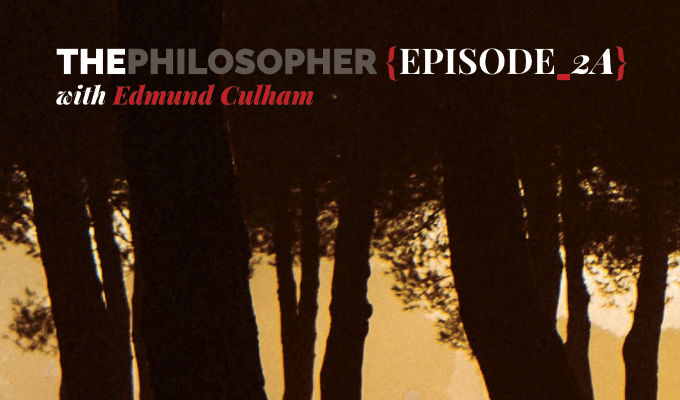With such confidence that he had found the way to the true Dao, you can imagine the consternation with which Kongzi would have viewed the emergence of competing ideologies. Many of the ideas in early Chinese thought exhibit close connections and similar ideals, engaging in questions such as “What is ‘the Way’ (Dao) and how is it best followed?”.
But as we saw previously within the early Confucian canon, there existed differences, in if not so much in what the Dao was, but certainly in how best it was sought and followed. Greater divergence of thought along this line emerged with the rise of other thinkers and movements.
Well established by the end of the Han Dynasty, Confucian ideas had initially faced the greatest threat to their influence from the Mohists, whose ideas became popular around the 5th Century BCE. Mohists, like Confucians, sought societal harmony through means of moral standards, but the means by which they set about achieving this differs quite dramatically. Confucians emphasised social roles, whereby individuals were expected to find and adhere to their position in society, achieved principally by following rules passed on by those deemed “masters” above them. Could you dare doubt your master?
- Episode 1A; A Confucian Morning
- Episode 1B; A Confucian Morning (cont.)
- Episode 2B – Confucius and the Mohists: A Challenge from Above (cont.)
For Mohists, a masters’ benevolence was never guaranteed. They pursued a more reflective means of applying methods (fa) to judge one’s own actions against a model of correct action. It is in this sense that Mohism seems potentially a more individual means of thought, but also a more egalitarian one.
A strange noise fills the pavilion, where if you remember you have now been sitting for a while (see previous episodes), a sort of grinding which seems to be coming from above.
Kongzi hauls his not unsizable bulk out of his carved wooden chair and moves to the open door, with you following. Both of you peer up onto the roof, where a peculiar sight meets your eyes; a man dangling from the branches, engaged in sawing the tops off the trees.
“Mozi!” bellows Kongzi, “what in the name of Dao are you doing?”
- Episode 3A – Neo Confucianism; Old Paths, New Directions
- Episode 3B – Neo Confucianism; Old Paths, New Directions (cont.)
Little is known about Mozi (c. 430 BCE), whose teachings form the basis of Mohist thought, but evidence suggests that during his life he is likely to have occupied a lowly position in society, working perhaps as a carpenter or craftsman. While not to be taken too literally, Mozi’s position as a relative “outsider” may inform of the generally altruistic concern for others evident in Mohist thought.
“Oh Kongzi! It’s you, m’ old mucker, I’ve been looking for you all morning.” He slides you a wink, then proceeds to disentangle himself from the branches of a cherry tree. “Just thought I’d tidy up these branches so your neighbours behind can see through to the lake, that’s all”, he voices casually. Then seeing Kongzi’s pained expression, “I of course consulted the handbook”.
“My poor cherries,” Kongzi moaned, then hesitating a moment, “and why would the neighbours want to see the lake, they have nothing to contemplate, ‘tian-a’, they couldn’t even see the Dao if it was before their noses.









